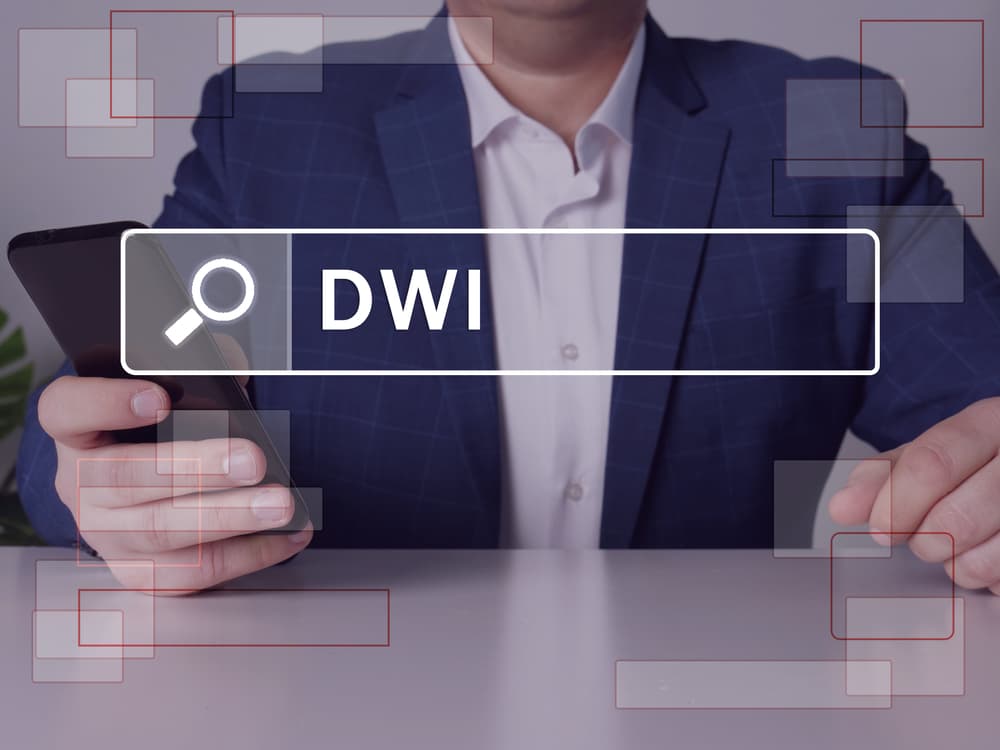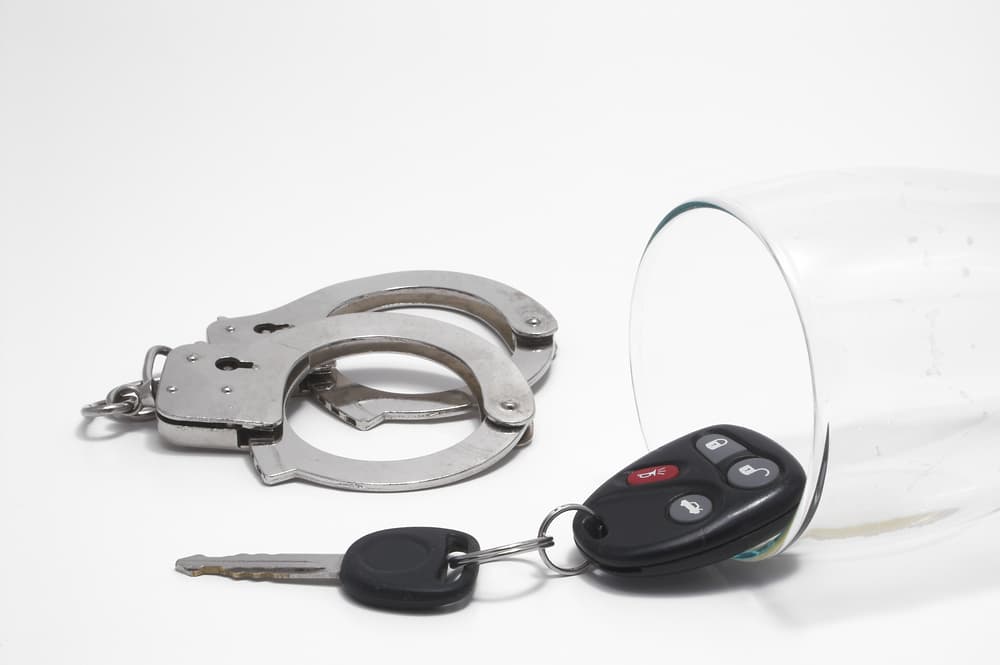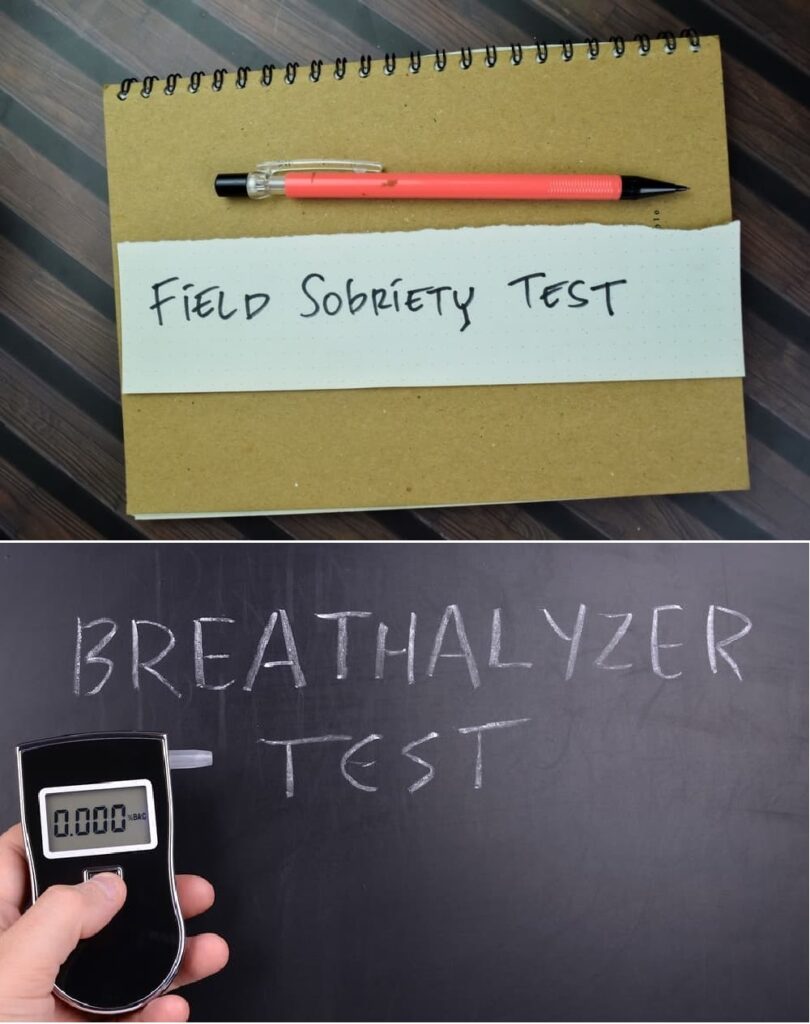
DWAI/DWI in New York with a New Jersey License? What You Need to Know
In New York state, you may face a DWI or DWAI charge.
DWI means that a driver is drunk, with a BAC of at least 0.08 percent. DWAI (driving while ability impaired) means a driver’s BAC ranges between 0.05 percent and 0.07 percent, or other evidence shows the driver is impaired.
If you face a DWI or DWAI in New York and have a New Jersey driver’s license, contact a DWI attorney in New York—preferably an attorney licensed to practice law in both New York and New Jersey. Doing so allows you to conveniently address your case without coordinating your representation for cross-border legal matters.
A dual-licensed DWI lawyer has a comprehensive knowledge of both New York and New Jersey state laws, so no part of your case is overlooked. If you contact a DWI attorney licensed to practice in New York, they should have experience working with defendants arrested for DWAI/DWI outside their state of residence.
Schedule a Free Initial Consultation Today!
How an Out of State DWI Charges Can Affect Your New Jersey License
Both New Jersey and New York participate in the Interstate Driver’s License Compact, which allows participating states to report an individual’s driving conviction to another participating state.
If you’re arrested for DWI/DWAI in New York, the New Jersey Motor Vehicle Commission will receive notification from New York about your arrest and conviction.
Upon receiving the notice, the MVC in New Jersey will send you a notice of hearing to suspend your license. So, you need to contact a DWI lawyer familiar with both states’ traffic and DWI laws to act on your behalf.
A conviction of DWAI or DWI in New York can lead to a year-long bar on your driving rights in New York state and the suspension of your license for a year or more in New Jersey.
How Does New Jersey Determine Driver License Suspension for New York DWI/DWAI Convictions?

New Jersey may view your New York DWAI/DWI conviction the same way as if you were charged with DWI in New Jersey.
For example, in the Division of Motor Vehicle v. Lawrence, 194 N.J.Super. 1 (App. Div. 1983), the court held that the offense of driving while impaired under New York’s law significantly resembles the offense of drunk driving under N.J.S.A. 39:4-50. So, if a New York DWAI/DWI offense breaks a law on the books in New Jersey, you may face consequences in both states.
What Is the Court Process if Police Arrest You for DWAI/DWI in New York and You Have a NJ License?
In New York, a DWAI/DWI case is both a criminal and administrative case. Because you have a New Jersey driver’s license, though, the DMV in New York doesn’t have the authority to suspend your license.
Instead, they may revoke your driving privileges in New York State. As a result, you can’t drive in New York even with a currently valid New Jersey license.
Unfortunately, your New Jersey license may not remain valid for long. After New York notifies New Jersey about your conviction, officials in New Jersey may follow up by suspending or revoking your license.
Get help from a DWI attorney. Ensure your lawyer has experience dealing with the legal process in out-of-state DWI arrests when New Jersey drivers are arrested in New York for DWAI/DWI.
Possible Penalties
A court may hand down to a first-time offender a sentence requiring:
- Suspension of license for three months to one year
- 12- to 48-hour Intoxicated Driver Program
Drivers with BACs of at least 0.15 percent may be required to use an ignition interlock device (IID).
A second DUI offense within ten years can lead to a loss of your license for as long as two years and 12 to 48 hours in an Intoxicated Driver program. You may need to use an IID for as long as three years following restoration of your license.
A third offense within ten years of a second offense may lead to a loss of your license for ten years, 12 to 48 hours in an Intoxicated Driver program, and the use of an IID for up to three years after the restoration of your driver’s license.
Your Rights When You’re Stopped: Taking Field Sobriety and Breathalyzer Tests

When you are stopped in New York for DWI/DWAI as a non-resident), you have certain rights concerning taking a field sobriety test or Breathalyzer.
Field Sobriety Tests
Field sobriety tests like walk-and-turn or one-leg stand are voluntary in New York, and you don’t have to take them by law. Nevertheless, your refusal may invite further suspicion and an arrest, so comply with the test.
Breathalyzer/Chemical Tests
Driving on New York roads implies consent under the Implied Consent Law. Therefore, anyone driving anywhere within NY State automatically agrees to undergo a chemical test (blood, breath, or urine) when caught driving while intoxicated (DWI).
If you refuse a breathalyzer or chemical test, you can get your license automatically suspended in your home state.
Retaining the Services of a DWI Lawyer: The Benefits
If you’re charged with DUI in New York and have a New Jersey driver’s license, you need to retain a DWI lawyer in New York or the services of a lawyer who practices in both New York and New Jersey.
A lawyer with the applicable experience offers the following benefits.
- They are familiar with the local laws and processes, including DWI/DWAI legislation, penalties, and court procedures.
- They can work to avoid a license suspension in your home state.
- They can manage both administrative license hearings and criminal court procedures.
- Depending on your case’s circumstances, they can negotiate for reduced penalties and charges.
- They can ensure the proper steps were followed during your arrest.
- If you’re a non-US citizen, a DWI attorney can advise you on the possible consequences, including potential deportation.
Don’t walk into an uncertain future. Talk to a criminal defense lawyer about your DWAI/DWI case in New York or your DWI in New Jersey.
Lindsay Bernstein
Latest Posts
What Happens if You Get Caught for Shoplifting?
If someone accuses you of shoplifting, you may face serious legal consequences. The first and most obvious risk you face is the immediate threat to your...
Common Offenses That Lead to a Suspended License in New York
We frequently overlook or undervalue our ability to drive, regarding it as a right rather than a privilege. Though most of us know that there are fines and...
